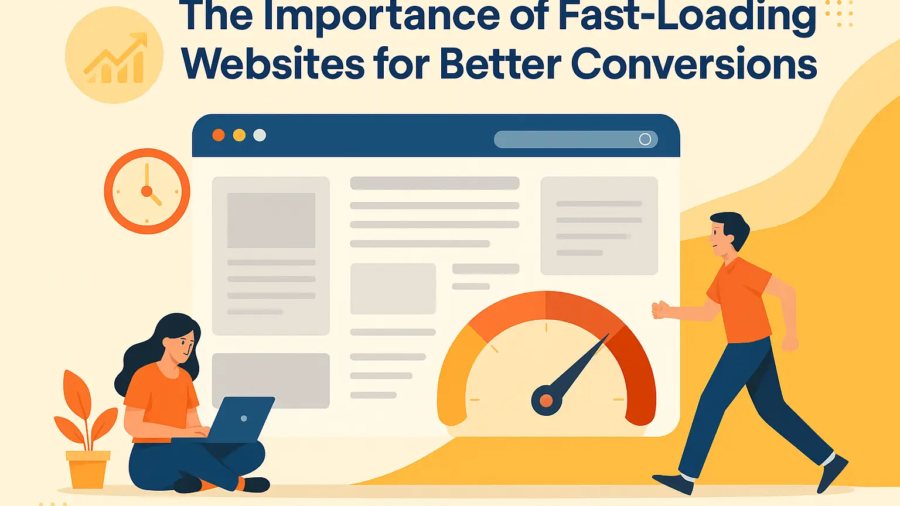In the digital age, where every second counts, your website’s loading speed can make or break your business. Users expect websites to load almost instantly—and if they don’t, they leave. In fact, a delay of even one second can drastically affect user engagement, conversions, and your search engine rankings. This is why optimizing for speed is no longer optional—it’s essential.
Why Website Speed Matters
Website speed is more than just a technical metric. It directly impacts how users interact with your site and how search engines rank you. A fast-loading website:
Enhances user experience (UX)
Reduces bounce rates
Increases average session duration
Improves search engine rankings (SEO)
Boosts conversion rates and ROI
Core Web Vitals: Google’s UX Ranking Signals
Google’s Core Web Vitals are a set of user-centric metrics that measure the speed, responsiveness, and visual stability of a page. They’re key to understanding how users experience your website.
The three main Core Web Vitals are:
Largest Contentful Paint (LCP): Measures loading performance. A good LCP score is under 2.5 seconds.
First Input Delay (FID): Measures interactivity. A score under 100 ms is considered good.
Cumulative Layout Shift (CLS): Measures visual stability. A good score is less than 0.1.
Meeting these benchmarks not only ensures a better user experience but also improves your website’s ranking in search results.
How Speed Affects User Experience and Bounce Rates
Imagine clicking on a website and waiting more than 3 seconds for it to load. Chances are, you’ll hit the back button. That’s exactly what your users do too.
High bounce rates are directly linked to poor load times.
User frustration increases when interactive elements lag or content shifts suddenly.
Mobile users, who often have less stable connections, are even more sensitive to delays.
Fast-loading websites retain users better and guide them smoothly toward completing a goal—be it a purchase, form submission, or content engagement.
Speed & Conversion Rates: What the Data Says
Speed isn’t just a UX issue; it’s a revenue issue.
According to Google, a 1-second delay in mobile load time can impact conversion rates by up to 20%.
Amazon once reported that every 100ms of latency cost them 1% in sales.
Nishu Digital Solutions has helped clients improve their site speed, resulting in up to 40% increase in conversions.
Tips to Improve Website Speed
Here’s how you can enhance your website speed and boost performance:
Optimize images using next-gen formats like WebP.
Use a Content Delivery Network (CDN) to serve content faster worldwide.
Minimize CSS, JavaScript, and HTML files.
Enable lazy loading for images and videos.
Implement caching strategies and use reliable web hosting.
Regularly audit your site using tools like Google PageSpeed Insights or Lighthouse.
Partner with Experts Like Nishu Digital Solutions
At Nishu Digital Solutions, we specialize in creating lightning-fast, SEO-optimized websites that meet Core Web Vitals benchmarks and deliver excellent user experiences. Our web development and performance optimization services are tailored to ensure that every visitor stays longer and converts better.
Conclusion
Speed is the foundation of a successful online presence. With Google placing more emphasis on Core Web Vitals and user experience, businesses that don’t optimize for performance risk falling behind. By ensuring your website loads quickly, you improve user engagement, boost SEO rankings, and maximize conversions.
Don’t wait for users to bounce—speed up your website today with Nishu Digital Solutions and see measurable growth in your business performance.

